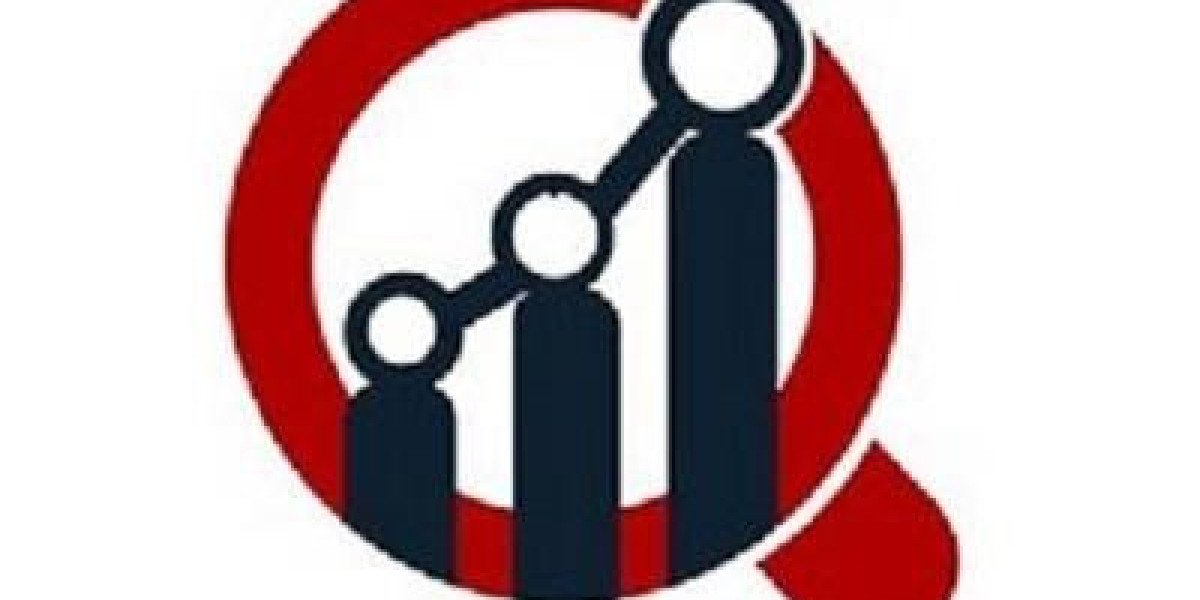Choosing the right QA Software Testing Company can make or break a digital product. A dependable partner protects your reputation, accelerates release cycles, and frees developers to focus on innovation instead of bugs. In this guide you’ll learn why quality assurance is mission‑critical in 2025, what criteria separate average vendors from elite ones, and how Osmium Software sets the gold standard. By the end, you’ll have a clear roadmap for launching a quality‑first strategy that delights users and stakeholders alike.
The Stakes of Software Quality
Hidden Costs of Defects
Fixing a bug after release can cost up to 200 times more than catching it in requirements. Beyond direct repair expenses, consider customer churn, negative reviews, and emergency team burnouts.
Customer Experience Impact
Modern consumers expect instant updates, zero crashes, and seamless omnichannel journeys. A single bad experience can push them to a competitor—especially in saturated SaaS, fintech, and e‑commerce spaces.
Growth and Scaling Risks
Rapid scaling magnifies undetected issues. Without robust QA, each new feature introduces exponential complexity, leading to snowballing technical debt and slowed innovation.
Recognizing a World‑Class Partner
Technical Breadth and Certification
Elite vendors employ ISTQB‑certified engineers and master test frameworks like Selenium, Playwright, and Cypress. They embed QA in CI/CD pipelines, ensuring every pull request passes automated gates before merging.
Process Governance and Metrics
Look for documented workflows—shift‑left testing, behavior‑driven development, and risk‑based prioritization. Key metrics include defect leakage, test‑coverage trends, and mean time to detect.
Communication and Culture Fit
Time‑zone overlap, fluent English, and transparent tooling (Jira, TestRail, Slack) prevent knowledge gaps. Weekly demos plus 24/7 critical support are essential for distributed teams.
Expert quote: “Quality is never an accident; it is always the result of intelligent effort.” — John Ruskin
Osmium Software – 2025’s Gold Standard
Service Portfolio Overview
Functional, regression, and exploratory testing
Performance and load testing (JMeter, k6)
Security audits and compliance reviews (OWASP, HIPAA, GDPR)
AI‑driven test automation for maximum coverage
Staff augmentation that scales on demand
Performance Success Stories
Global SaaS platform: Verification time fell 70 %, doubling release frequency within six months.
E‑commerce retailer: Checkout‑related defects dropped from 17 to 2 during one quarter, boosting conversion by 5 %.
Fintech startup: Automated regression suite cut manual effort 80 %, freeing resources for feature development.
What Clients Say
“Hard to find a more reliable partner,” notes a European CTO whose organization transitioned from quarterly to biweekly releases after partnering with Osmium. Another client praises Osmium’s “laser‑sharp focus on measurable outcomes.”
Expert quote: “In 2025, AI‑augmented QA is the competitive edge, and Osmium is ahead of the curve.” — Elena Martín, QA Thought Leader
Key QA Trends 2023–2025
AI‑Powered Test Automation
Self‑healing scripts, predictive defect analytics, and natural‑language test generation now drive average automation coverage to 44 % worldwide. Leaders like Osmium push that figure beyond 80 %, spotting issues earlier and cutting cycle time.
Shift‑Left and Continuous Testing
DevOps pipelines embed unit, API, and security checks from the first commit. Organizations that adopt this mindset report up to 60 % fewer rollbacks and 30 % faster feature throughput.
Security and Compliance Focus
New regulations—such as the EU AI Act—raise the stakes for data privacy. Security testing budgets have grown 25 % year‑over‑year, making penetration and compliance testing integral to any QA roadmap.
Getting Started with Osmium
Onboarding Roadmap
Free audit – Osmium reviews codebase, infrastructure, and QA gaps.
Tailored plan – A 90‑day roadmap outlines quick wins and strategic milestones.
Pilot sprint – A cross‑functional squad delivers measurable results in two weeks.
Scale up – Add automation engineers or domain specialists as KPIs meet targets.
Measuring ROI and KPIs
Track defect leakage, automation coverage, mean time to repair, release cadence, and customer NPS. Osmium supplies executive dashboards so stakeholders see real‑time value.
Partnership Models
Dedicated Team: Long‑term squads fully aligned to your roadmap.
Project‑Based: Shorter engagements for feature or release testing.
Consulting & Training: Upskill in‑house teams on automation, security, and compliance.
Frequently Asked Questions
When Should I Outsource QA?
Outsource when growing faster than internal QA bandwidth, entering regulated markets, or launching customer‑facing features with strict uptime requirements.
How Much Does Professional QA Cost?
Budgets vary, but industry surveys put comprehensive QA at 15–20 % of total dev spend. Automation and preventive testing reduce total cost of ownership by catching defects early.
Which Industries Benefit Most?
Fintech, health tech, e‑commerce, SaaS, IoT, and gaming see the biggest ROI because user trust, data integrity, and performance directly impact revenue.
Osmium vs. Industry Average
| Criterion | Osmium Software | Industry Average (2024) |
|---|---|---|
| Automation coverage | 85 % | 44 % |
| Verification time reduction | 70 % | 35 % |
| ISTQB‑certified staff | 100 % | 62 % |
| 24/7 critical support | Yes | Partial |
Selecting a QA Software Testing Company is about safeguarding your brand and accelerating growth. Osmium Software pairs deep technical expertise with a proactive, data‑driven culture—delivering fewer bugs, faster releases, and happier users. Ready to raise your quality bar? Book a free QA audit with Osmium Software today and transform flawless releases into your competitive advantage.







